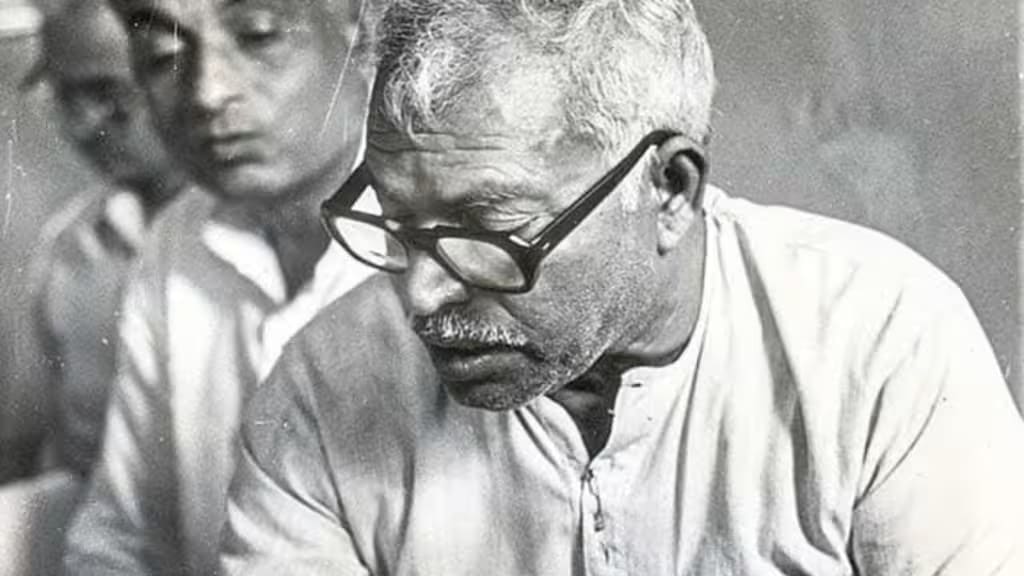Karpoori Thakur, a name synonymous with social justice and empowerment in India, was a prominent socialist leader who left an indelible mark on the political landscape of Bihar.
In recognition of the remarkable achievement of the leader, he has been posthumously nominated for India’s highest civilian award, Bharat Ratna, on his birth centenary.
Prime Minister Narendra Modi called Thakur “the beacon of social justice” and said the “prestigious recognition is a testament to his enduring efforts as a champion for the marginalised and a stalwart of equality and empowerment.”
Who was Karpoori Thakur?
Karpoori Thakur was born into the Nai (barber) community on January 24, 1924. He passed in 1988. His journey from a marginal farmer’s son to a revered political figure was a testament to his dedication and service to the cause of the backward classes.
He is notably recognised in Bihar for implementing a complete ban on alcohol in 1970. The village of his birth, situated in the Samastipur district, was subsequently renamed Karpuri Gram in his honour.
Thakur’s political career was marked by several key milestones. He served as a minister and Deputy Chief Minister of Bihar before making history as the first non-Congress socialist Chief Minister of the state first in 1970 and then in 1977. His tenure as Chief Minister was notable for the total prohibition of alcohol in Bihar, reflecting his commitment to social reform.
Moreover, he was instrumental in establishing numerous schools and colleges, particularly in the underdeveloped regions of Bihar, ensuring that education became accessible to those who had been historically marginalised.
Also Read: A true Jan Nayak! Karpoori Thakur’s leadership laid groundwork for a more inclusive society
Karpoori Thakur’s influence extended beyond his administrative roles. As a leader, he was deeply concerned with the upliftment of the Other Backward Classes (OBC). His efforts were pivotal in setting the stage for the implementation of the Mandal Commission recommendations, which advocated for reservation for OBCs in the 1990s.
In 1977, the Mungeri Lal Commission report, submitted during Thakur’s chief ministership, recommended reclassifying backward classes into extremely backward classes and backward classes, including weaker sections of Muslims. This report was implemented in 1978, marking a significant step towards recognising and addressing the needs of the most deprived among the backward classes.
Thakur’s legacy also includes the removal of English as a compulsory subject at the matriculation level when he was the education minister of Bihar, a move aimed at ensuring that the educationally backward did not suffer and could pursue higher education.
The impact of Karpoori Thakur’s policies and initiatives can be seen in the rise of backward politics in Bihar. His work laid the foundation for the empowerment of backward classes, which later influenced the formation of regional parties like the Janata Dal (United) or JD(U) and the Rashtriya Janata Dal.
Karpoori Thakur, often referred to as ‘Jan Nayak’ or people’s hero, remains a figure of immense respect and admiration.


